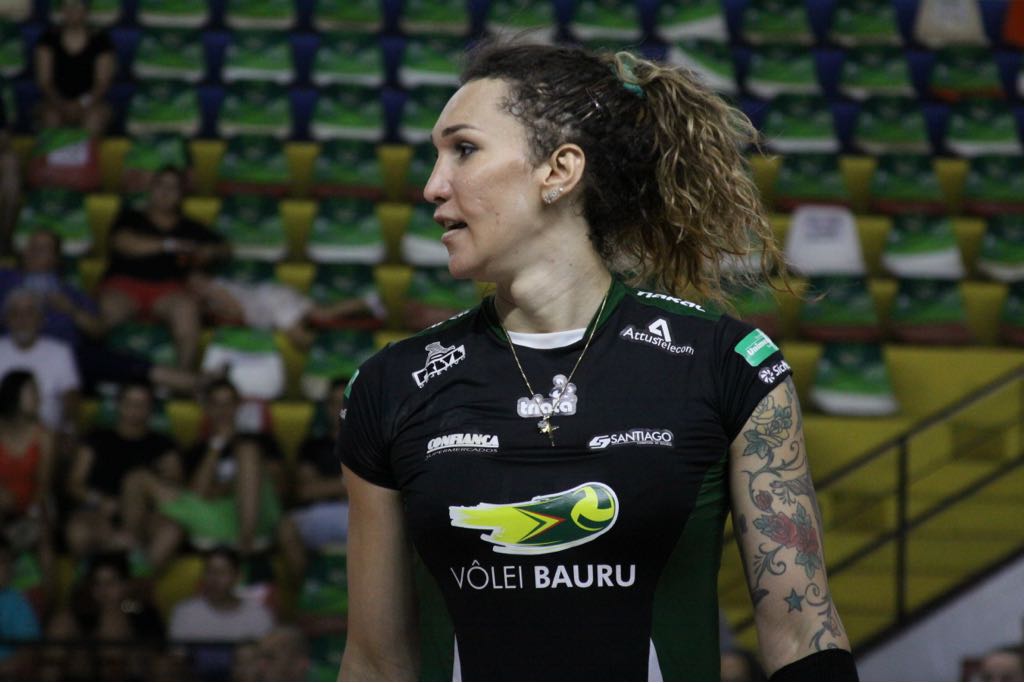According to British newspaper The Times, the IOC is expected to issue new guidelines halving the permitted level of testosterone allowed in female athletes eligible for women’s sporting events.
The revised guidelines comes only a few months after two transgender athletes made headlines by dominating their respective sport disciplines. The first was Laurel Hubbard, a weightlifter from New Zealand. An accomplished domestic lifter as a male, she drew the ire of fellow female competitors after winning silver at the 2017 World Weightlifting Championships. Most recently, she qualified for the 2018 Commonwealth Games, but an elbow injury during the competition forced her withdrawal from the event while leading the field.
The second, and perhaps most notorious case due to volleyball’s status as a mainstream international sport, is Brazilian Tifanny Abreu. She made volleyball history when she became the first trans female to play in Brazil’s Superliga. Since then, she broke the competition’s single game scoring record, and has dominated the league’s offensive statistics. Such performances drew the ire of many teams, players, and fans, who asked the Brazilian Volleyball Federation (CBV) to find a “solution” to the situation. Her performance led many to believe that she would be called up to Brazil’s NT, but a request from the FIVB and CBV prevented coach José Roberto Guimarães to do so.
There has been a lot of debate in the specific scientific community as to how much advantage a transgender woman has against their cis-gender opponents. Although no answer has been provided as of yet, it’s debatable if rulings based on testosterone levels are the smart way to regulate athletes’ eligibility. Besides being a highly volatile physiological parameter, such rulings affects more than trans competitors, as several cis-women have naturally elevated levels of the hormone.
Trans athletes were first allowed to compete in the 2004 Winter Olympics as long as they had gone through gender confirmation surgery and had been on hormones for at least two years. The surgical requirement as dropped in 2015 and the hormones period were lowered to a year. However, as of 2018, no openly transgender athlete has competed in either the Winter or Summer Olympic Games.
Tifanny Not In Brazil’s NT – FIVB To Study Trans Players’ Eligibility

So they are making it harder for men who think they are women to compete as women? Sounds correct.
Well, there are definitely two aspects of it. On one hand, it can be a major boost to bring every segment of the athletes to get involved in the sports activity. On the other hand, the competition will definitely be high for the men. Research has also shown that the females have abused male hormones at times in the past. The high level of testosterone in women has played a significant role in enhancing the performance in different sports activities.